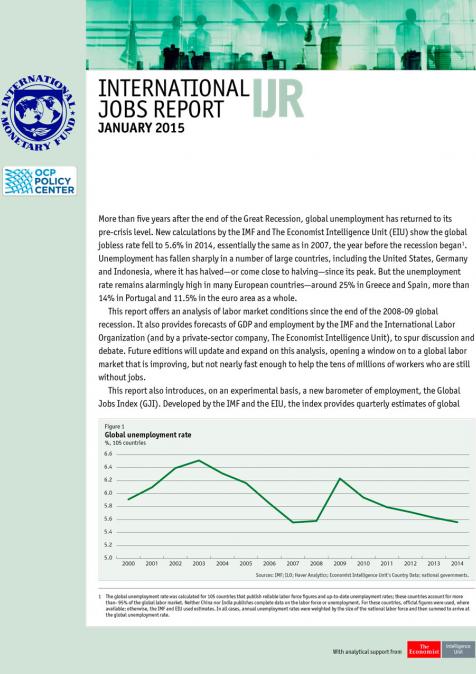Publications /
Policy Paper
This study evaluates the economic costs for three Egyptian coastal cities of catastrophic flooding resulting from either sea-level rise or intense rainfall. Using a computable general equilibrium (CGE) framework, we assess the higher-order impacts of physical capital loss on both regional and national economies. Leveraging global flood hazard maps for various scenarios and return periods, and a 100-meter-resolution buildings-exposure model, which estimates the replacement value of residential and non-residential buildings at each floor level, we estimate the share of physical capital at risk. Our analysis covers Egypt’s main port cities on the Mediterranean Sea (Alexandria, Damietta, and Port Said), taking into account seven scenarios and three intensities of destruction. Results indicate significant variability in economic impacts, with coastal flooding due to sea-level rise posing a more substantial threat to Port Said and Damietta, whereas pluvial flooding from intense rainfall would more heavily impact Alexandria. The findings underscore the need for targeted investments in climate resilience, particularly for coastal infrastructure, to mitigate future economic losses.








